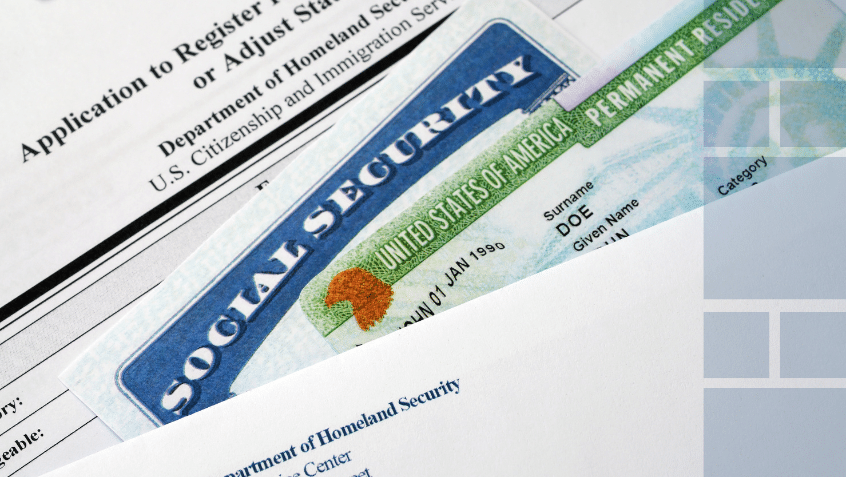This week, the Department of Homeland Security published a proposed rule on “public charge” that could expose legal immigrants to arbitrary and unfair decisions as they attempt to become lawful permanent residents, or “green card” holders.
Public charge is a longstanding part of federal immigration law. The public charge inadmissibility test was designed to identify people who may depend on the government as their main source of support. If the government finds that a person is “likely to become a public charge,” it can deny that person admission to the United States or lawful permanent resident status.
Historically, the test did not apply to other programs, including health insurance coverage.
Under this policy, the government assesses whether a person will be reliant or “primarily dependent” on the government in the future. It considers a number of factors—use of specific public benefits, age, income, education and skills, health, and family size—to make a final determination based upon the “totality of the circumstances.” Historically, the public benefits included in the test were limited to cash programs or whether the person was institutionalized in long-term care settings. It did not apply to other programs, including health insurance coverage.
Expanding a Harmful Definition—Again
In 2019, the first Trump administration changed that, putting into place a new rule that expanded the definition of public charge and considered a wider array of services when making a public charge determination. This included whether an individual or someone in their family does or is likely to need help affording prescription drugs under Medicare, food and housing assistance, or Medicaid services, and penalties for being 61+ or having a disability.
The Biden administration rescinded the Trump-era rule and limited the consideration of public benefits to cash assistance and long-term institutionalization, a reversion to 1999 guidance.
This could leave prospective immigrants at the mercy of inconsistent and unpredictable decisions.
Now, the second Trump administration is proposing to rescind the Biden-era rule. Instead of spelling out new standards as the first Trump administration did, this proposed rule includes discussions of the agency’s new interpretation of public charge—a significant expansion of the current definition—but allows immigration officials to use their own discretion to decide what should be included. This could leave prospective immigrants at the mercy of inconsistent and unpredictable decisions.
A System That Will Frighten Families Away From Care
An expanded and erratically enforced system is likely to have an alarming chilling effect on immigrants and families, causing many people to avoid seeking health care or benefits for their citizen children out of fear that it would damage their future immigration statuses.
This new system would build on the damage from the 2025 budget bill—HR 1—which strips eligibility for most health coverage—including Medicare—from most immigrants.
Why Medicare Rights Opposes the Proposal
At Medicare Rights, we oppose this proposal. While some officials may apply the test fairly, increasing discretion can put prospective immigrants at risk of facing unfair and inequitable application. As the recent COVID-19 pandemic revealed, we must do all we can to enable everyone within our borders to have access to needed care that protects both individual and public health.
Further Reading
Read the proposed rule.
Read more about the proposed rule.

